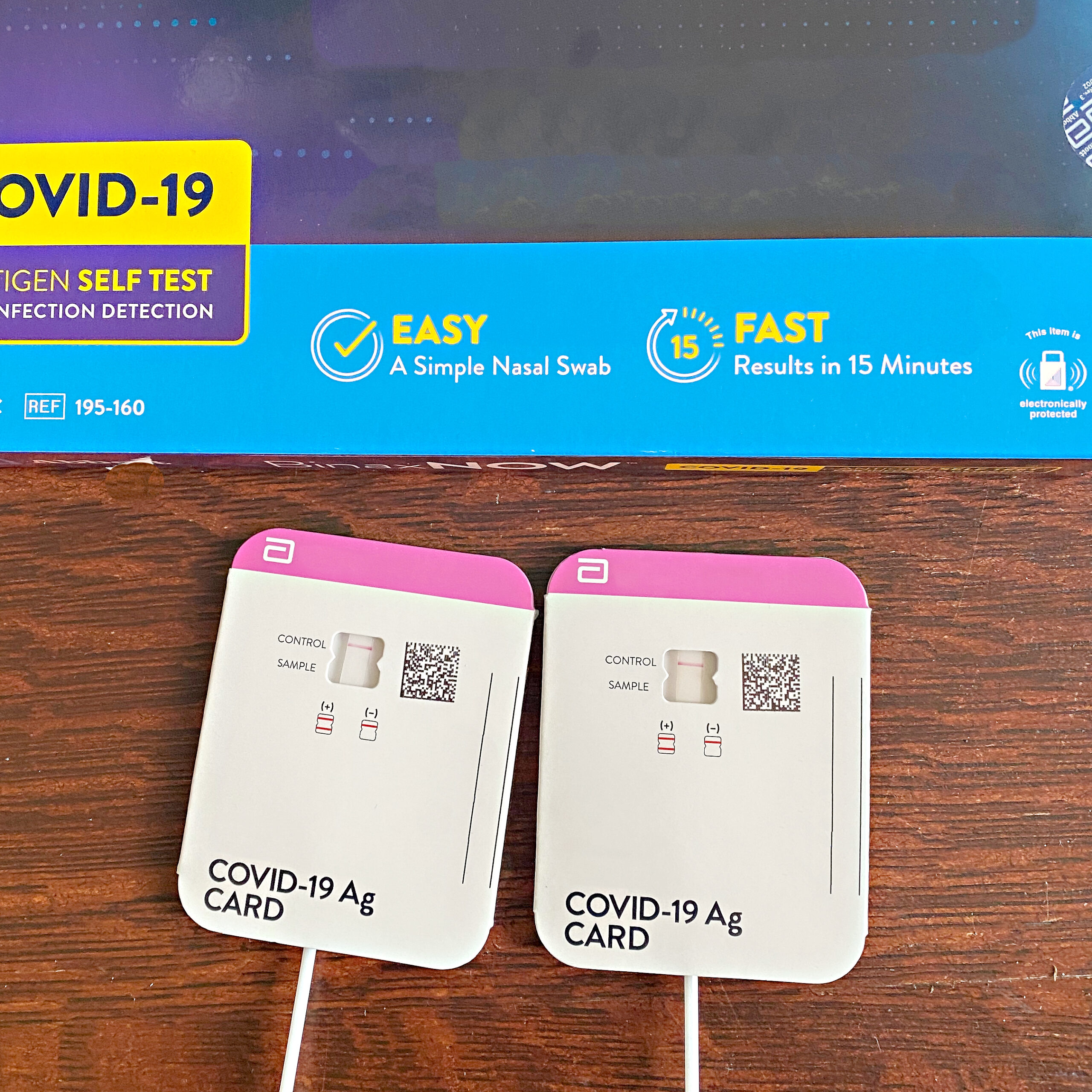10.13.21
By Molly Wood, SPHR, Senior HR Consultant.
Now that the FFCRA and SPSL have expired, along with the tax credit, employers need to think again about how to handle employee sick days. As we know, there are illnesses other than COVID that keep our employees home (we hope), but with the symptoms of COVID ranging from headache to stomach upsets, how do we ensure that we are keeping all employees safe from contagious diseases?
Back when I started working (yes, I’m dating myself), calling out sick was almost like a sign of weakness. I remember when an HR Manager at my company came in even though she had a ragged wet cough, was constantly blowing her nose, and had a somewhat glazed look in her eyes. “In my family, we don’t call out sick”, was her explanation. Gross!!! was what I was thinking, but my boss seemed to have some admiration for that work ethic.
After businesses shutting down temporarily – or even closing completely – due to a highly contagious disease, that attitude seems very misguided. The fact of the matter is, there have been almost 5 million cases of COVID and more than 70,000 COVID related deaths in California alone. Companies now know that people coming to the workplace when they are sick is a dangerous practice.
So, what are you going to do as an organization? Technically speaking, it’s legal to require a doctor’s release to work, a negative COVID test (in some cases), a note from your mom, or whatever.
Many companies already have a policy established that requires a doctor’s note if you are absent due to illness for three or more days. That can be very problematic if the employee doesn’t have health insurance, as they may not be able to pay for a doctor visit and will therefore come to work even though they are not healthy. On the other hand, requiring a medical release to work for conditions severe enough to cause an employee to be out sick that long can be a good way to prevent any virus, COVID or otherwise.
Requiring a negative COVID test before returning to work can also be an option, unless the person actually had COVID. The CDC guidelines say that those who have had COVID need to stay in isolation for at least 10 days AND at least 24 hours have passed since the person last had a fever without using fever-reducing medication AND other symptoms have improved, but employers cannot require a negative test because someone who has had COVID may test positive long after they are no longer contagious.
Additionally, since there is no longer the two weeks of COVID pay, employees may come to work because they don’t want to tap into their vacation time if they are out of sick time.
Employers need to look at the needs of the business to determine the best route to follow. Maybe you provide more Paid Sick Time on your own dime to discourage your staff from coming in sick. Maybe you require a medical release, or a negative COVID test for those who have not had COVID already. The most important thing is to be consistent. However you decide to proceed, treat people equally while considering accommodations when necessary.
Sorry for the wishy-washy answer. Maybe I should be a politician?
Remember, SDEA’s HR Consultants are here to answer member’s tough HR questions, and/or to act as a sounding board. Don’t hesitate to call! 858-505-0024




